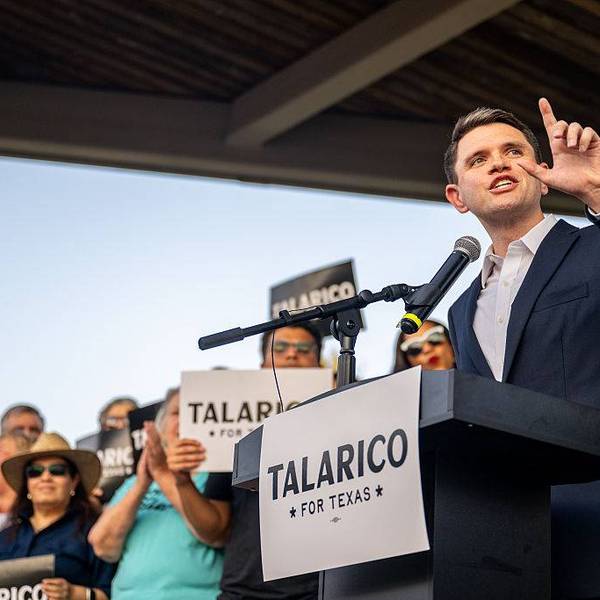Illinois Governor Rauner recently cut "Meals on Wheels" for seniors and at-risk youth services. Chicago residents were hit with a nearly 13% property tax increase. Some Chicago public schools could face 2017 cutbacks of an incredible 20 percent.
But six of Illinois' largest corporations together paid ALMOST ZERO state income taxes this year. Full payment of their taxes would have exceeded the $1.1 billion Chicago Public School deficit.
It's much the same around the nation, as 25 of the largest U.S. corporations, with over $150 billion in U.S. profits last year, paid less than 20% in federal taxes, and barely 1% in the state taxes that are vitally important for K-12 education.
Sticking It To Low-Income Mothers
Because of the missing corporate tax revenue, House Republicans have tried to break even by proposing cuts to programs that are essential to mothers and children, such as Centers for Disease Control health programs, family planning, contraception, and--unbelievably, again!--food stamps. It is estimated that almost two-thirds of the proposed cuts would largely impact low- and moderate-income families.
At the state level, the suffering residents of Louisiana are facing some of the steepest regressive tax increases, along with cuts to vital programs that investigate child abuse and provide pediatric day care. The maternal death rate rose dramatically in Texas after women's health programs were cut. In Kansas, where a Republican state senator has called Governor Brownback's lowering of taxes on the rich a "train wreck," 2017 cuts are targeting universities, Medicaid recipients, and the Children's Initiatives Fund.
Sending Mental Health Patients to Prison A 2014 government report found that nearly
one in five adult Americans experienced mental illness the year before. Yet in the four years before that report, states cut $5 billion in mental health services and eliminated nearly 10 percent of the nation's psychiatric hospital beds. Over half of U.S. counties don't have a single psychiatrist or social worker.
So jail becomes the only option. According to the Treatment Advocacy Center, there are 10 times more mentally ill Americans in
prisons and jails than in state psychiatric hospitals.
Letting Workers Heal Themselves In the last 15 years, two-thirds of the states have
cut worker's compensation programs or made it harder to qualify.
With Aetna, UnitedHealth, and Humana
backing out of insurance coverage for sick and injured Americans, low-income families are more and more on their own.
Making Education Wait While Corporate Taxes Are Cut Throughout the nation public K-12 education continues to be
cut, even six years after the end of the recession.
Our state leaders are instead handing the money over to corporations. The governors of
Pennsylvania,
Wisconsin,
New Jersey, and
Florida have together given away billions in tax breaks while cutting billions in education funding. In the beleaguered state of Illinois, Governor Rauner has combined corporate
tax cuts with greatly reduced funding for education and health care. Chicago Public Schools CEO Forrest Claypool
called Rauner's education plan a "reverse Robin Hood system" in which wealthier school districts get increases, poorer districts get cuts.
Getting Worse? It may not improve much next year, if House Republicans have their way. The Center on Budget and Policy Priorities
warns us about
"the most severe budget cuts in modern history in assistance for Americans of limited means. These programs would be cut a stunning $3.5 trillion over ten years, eliminating, by 2026, roughly 40 percent of federal resources for low-income assistance." Nothing short of war on the poor.




